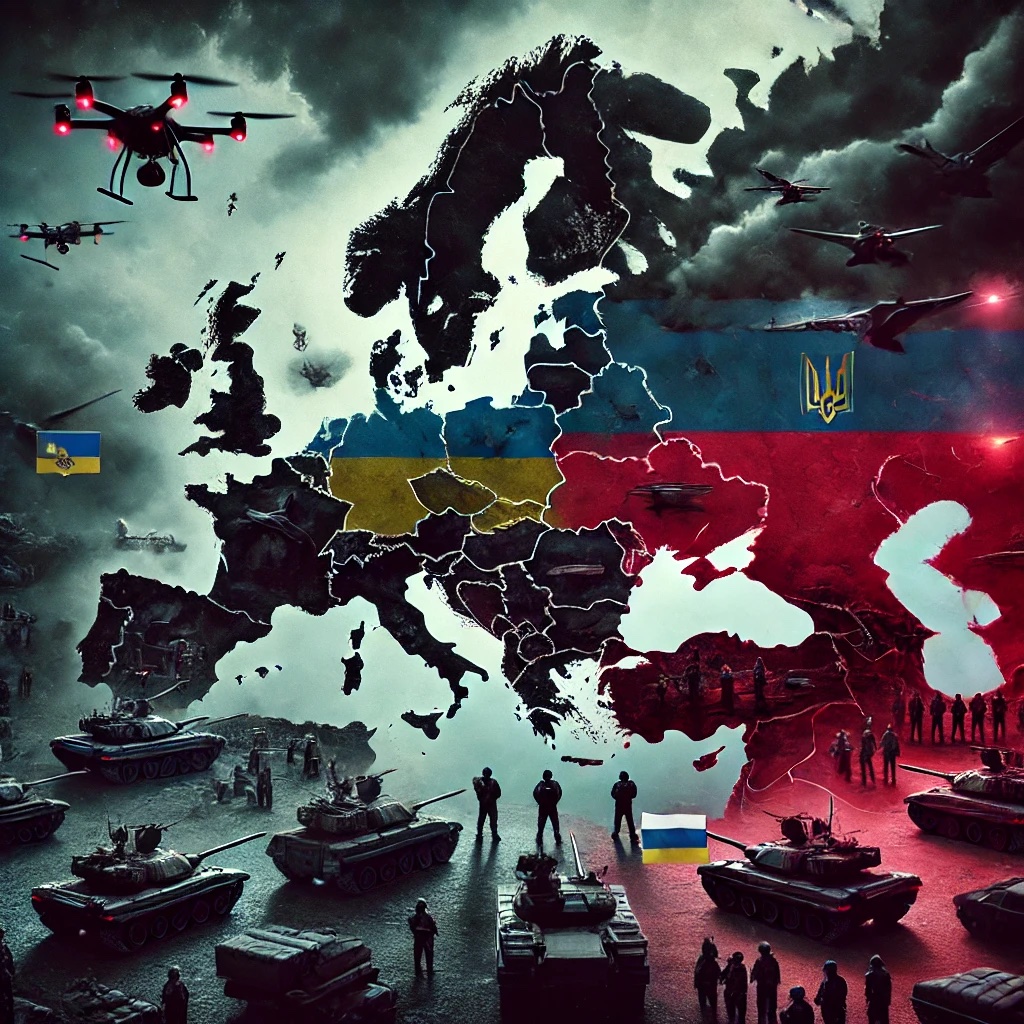These are questions that may seem simple, but they threaten to undermine Kiev’s Western alliances in the war against Russia. The die is cast: Ukrainian troops have carried out incursions into Russian territory with the support of drones and missiles. This is not a counter-invasion, but rather an incursion, a tactical diversion, a new strategy given the substantial impasse on the 1,200-kilometer-long Donbass front.
It is not clear how destabilized Putin is, both domestically and militarily, nor how he will react. Nor is it clear how much Kiev wants to persist with this attitude. However, at least in Italy, the debate is already heated. Tajani, deputy prime minister and foreign minister, clarified that the weapons supplied to Ukraine were “not for offense,” while the Ukrainians stress that they are not using our weapons in this operation.
Crosetto, minister of defense, says he is basically embarrassed, as are other members of Fratelli d’Italia, but Giorgia Meloni, who has just arrived in Puglia for the vacations, is at least officially silent. NATO and Europe are backing Zelensky for now, but if the current situation persists or worsens, it is certain that the political debate in Italy will flare up in September. Within the majority, the League is already in turmoil, and much of the opposition, with the Grillini in the lead, is in turmoil.
Many opinion leaders, such as Paolo Mieli, find it hypocritical to ask an ally how, how much and where it should defend itself, and they may be right, but the geopolitical issue remains crucial. From being attacked and victimized by Moscow’s tyrant to aggressors with others’ weapons is a short step. The narrative suddenly changes, and so does the alliance system. And then if Trump comes back.
The article I defend myself, yes, but to what extent? comes from TheNewyorker.

